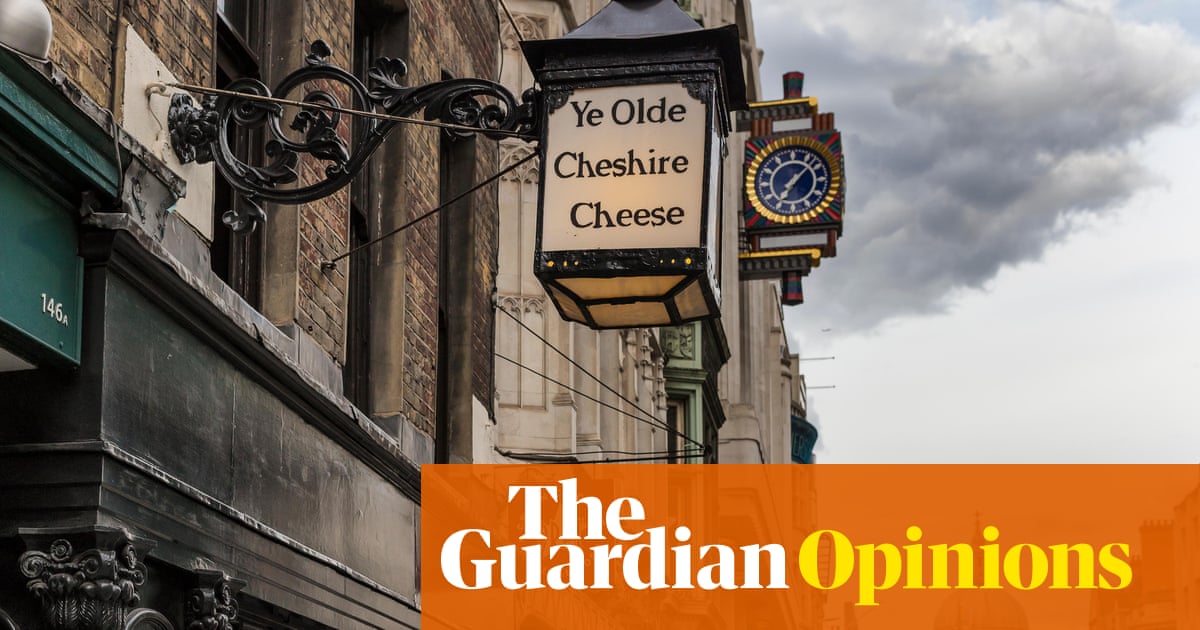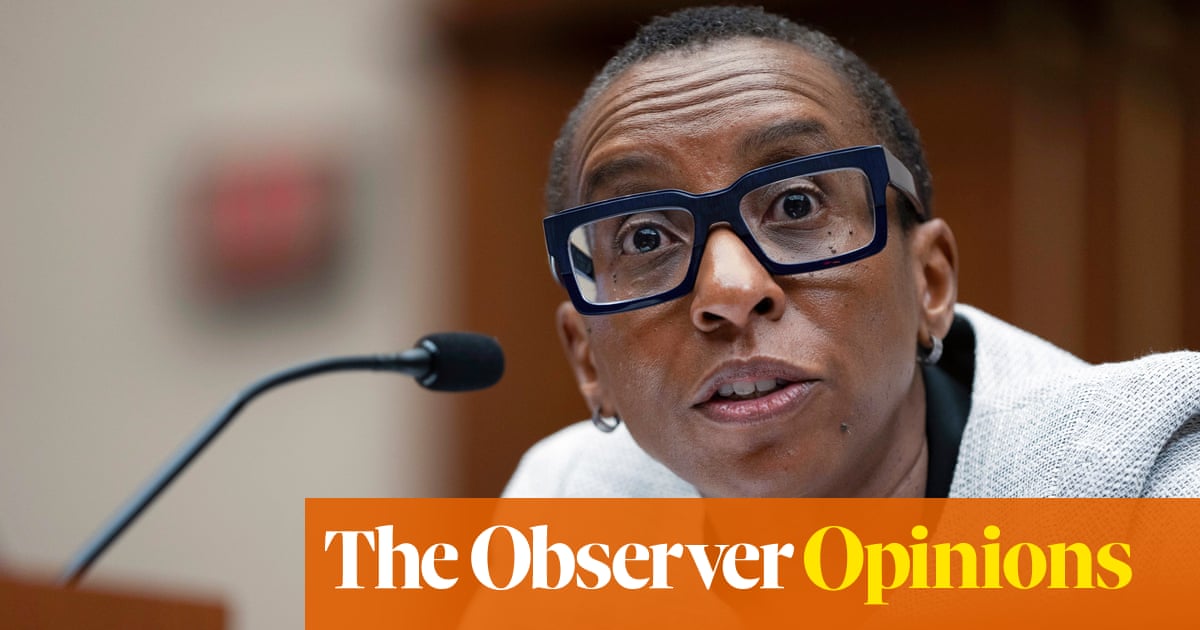
This April is the 40th anniversary of the start of the Falklands war. Less well known is that it is the 41st anniversary of a final attempt by the British government to concede sovereignty over the islands to the enemy in that war, Argentina. Negotiations in New York were in progress, aimed at securing self-government for the islands under a long lease from Argentina. Had they succeeded, it could have avoided war, resolved an archaic imperial dispute, and brought the islanders peace with their neighbours.
This was not to be. The talks ran into opposition both on the islands and on the Tory backbenches in London. At the same time a belligerent military regime under General Galtieri seized power in Buenos Aires and had other ideas. In April 1982, the regime took the islands by force, only to be driven from them by a British taskforce two months later. No peace deal was reached and the Falklands became an embattled fortress in the South Atlantic, with troops, jets and warships on permanent station.
The war cost Britain about £2.8bn (£9.5bn in present value) and the islands’ defence costs upwards of £60m annually. In 2012 it was estimated that British taxpayers paid more than £20,000 per islander for defence alone, and approximately one-third of the population worked for the government. Unlike other former colonies such as Gibraltar, relations with the nearest nation-state are thin. Though living in a technically autonomous British overseas territory, the islanders are wholly dependent on Britain.
The pre-invasion talks in New York were under the UN’s decolonisation auspices and had been continuing on and off since the 1960s. A high-point in relations had been reached in 1971 with a communications deal negotiated by a talented British diplomat, David Scott. This opened a seaplane link to Argentina, with access to tourists, hospitals, schools and trade. The intention on both sides was gradually to normalise relations prior to a more formal deal.
Initially it worked. Islanders took up scholarships at mainland schools and hundreds of Argentinian tourists visited Port Stanley. The confidence did not last. A cheeseparing London objected to the cost of administering the islands and to building an airfield. Argentina lurched into a bellicose neo-Peronist period. There were rows over passports, Argentinian “landings” took place on outer islands, and renewed talks on sovereignty were demanded.
These fell to a junior minister in the Callaghan government, Ted Rowlands. Working intensely with the islanders, he in 1977 persuaded them that some compromise was needed, such as a concession of sovereignty to Argentina in exchange for a 99-year or longer leaseback to Britain. There was talk of an additional security guarantee. Rowlands won the islanders’ trust.
This initiative was lost with the fall of the Labour government in 1979. Thatcher’s junior minister Nicholas Ridley took over the Falklands brief but lacked Rowlands’ tact. There was by now intense pressure from the Treasury for cuts. A defence review and plans to withdraw HMS Endurance from its South Atlantic patrol suggested to Argentina that Britain was losing interest in the area. Ridley was still set on a deal, but encountered resistance from the fierce pro-islander lobby in parliament. Thatcher was not averse to sovereignty transfer, but was adamant that nothing be done without islander consent.
Talks continued, but unknown to either side was that the navy in Buenos Aires was already planning an invasion, “plan Goa”, named after India’s annexation of Portuguese Goa in 1961. This was planned for June, mid-winter in the South Atlantic, but was pre-empted by naval units exploiting the occupation of the neighbouring South Georgia islands by a group of Argentine scrap metal merchants. Fearing a British response, Buenos Aires gambled on a full invasion. Had it held out until June, it is most unlikely Britain would have risked a winter war.
At no point in this saga was there any sign from London that Britain was desperate to hang on to the Falklands. The cost was enormous and the dispute was blighting relations with a then resurgent South America. The curse was Thatcher’s grant of a veto to the islanders, who were strongly supported by many in the Tory party, over any agreement with Argentina. After the war, the UN in November 1982 ordered the “decolonisation” talks in New York to resume. They did not and have not done so for 40 years.
When in 2013 Buenos Aires did try to reopen negotiations with David Cameron, he hardly dared venture a reply beyond repeating Thatcher’s islander veto. This was to be expressed in their presence at the table in any meeting between Britain and Argentina. Any idea of progress was hopeless: to the Tories, the Falklands had become a monument to the Thatcher era and all it stood for.
Last week, the Argentinian foreign minister, Santiago Cafiero, complained in the Guardian that Britain had been negotiating over Falklands sovereignty for 16 years before the war. Now, 40 years on, both countries were behaving “as if the conflict took place yesterday”.
Could Britain not get over the hostility? Could the two countries, both now democracies, not get back at least to the Falklands communication agreements of the 1970s?
The way London raises the issue of self-determination is something of a red herring. The islanders are not autonomous, for they depend on Britain’s goodwill for their security. Britain effectively disposed of Aden, Diego Garcia and Hong Kong when it suited the national interest. The islanders were persuaded by Scott and Rowlands of the need for compromise. This was almost achieved. Britain won the war, but now finds itself having to sustain a military base in the South Atlantic, while all Argentina has to do is smirk.
The solution of leaseback sought by Rowlands, Ridley and others honours geography, history, diplomacy and economics. It is common sense. More than £60m a year on military defence for the islands is not. If London’s politicians lack the guts to seek a deal with Buenos Aires, perhaps the islanders should face the future and seek one for themselves.
The Battle for the Falklands, by Max Hastings and Simon Jenkins is reissued this month












